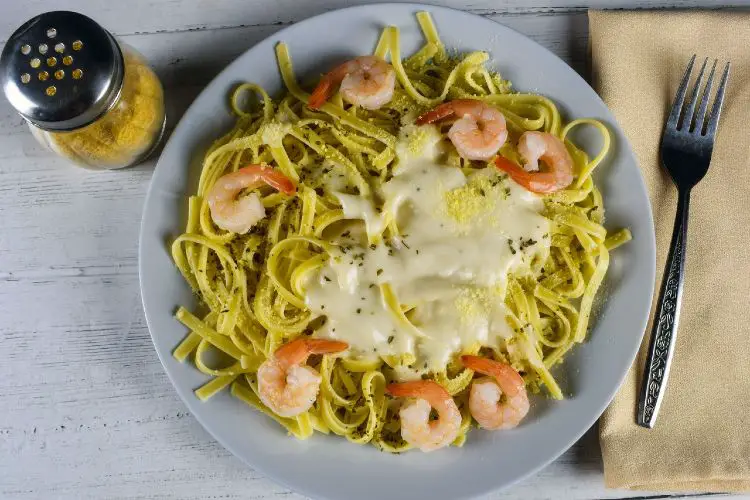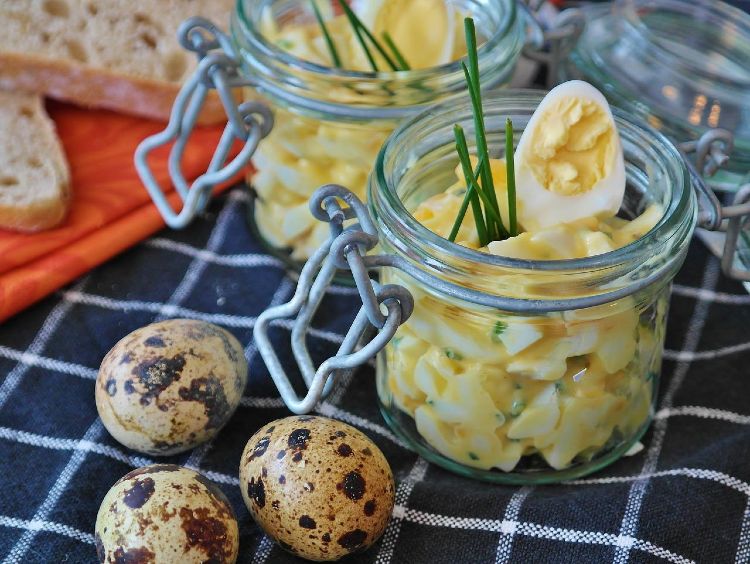A Potted History of the Easter Egg
Although confectioners would like you to believe that it was they who invented the modern Easter egg, it is in fact a centuries old pagan symbol of rebirth. In the Christian religion we associate the Easter egg with the resurrection of Jesus Christ, and at the beginning of Lent believers eat all the eggs in the house in the form of pancake batter, to punctuate the beginning of the fast. After the forty days and forty nights of abstinence, the egg is a welcome ingredient in the household larder, bestowed with the powerful symbolism of renewal, spring, new life and prosperity.
The festival of Easter can be seen in its most elaborate glory in Catholic countries, where giant chocolate Easter eggs containing gifts are wrapped in luminescent, coloured paper, tied with florestry bows and are exchaged amongst family, friends and neighbours.
The Easter egg also forms part of many dances, plays and hunts, the most common of which is held in people’s back gardens during the Easter weekend, and children run in all directions seeking hidden chocolates, sweets and gifs amongst hedges, shrubs and sheds.
If we look at Persian culture we see how painted eggs are arranged on the sideboard or the dining table to celebrate New Year, Norooz. At the Jewish passover hard boiled eggs are placed in salt water to symbolise the first sacrifices offerred at the Temple in Jerusalem. The famous Faberge workshops made elaborate jewelled Easter eggs commissioned by the Russian imperial court. In Egypt, Rome, Greece and China eggs were dyed and decorated with complex patterns.
In the 17th and 18th Centuries Parisiens made paper mache eggs, and this was followed by the making of the first moulded dark chocolate Easter egg. In 1873 in Great Britain Cadbury’s started making the first commercial run of chocolate eggs with confectionery chocolate, where much of the cacao solids and butter of the cacao bean had been removed and replaced with vegetable fats and sugars.
The confectionery industry is now worth a staggering $60 billion a year, but I would like you to give a small thought to the chocolate Easter egg that you buy this year. Born from pagan roots, that industry now worships a bigger God: mammom. In the dangerous cacao bean plantations of West Africa over 284 000 children, many of whom never go to school, are enslaved in hazardous and often life-shortening work in order to satisfy the West’s insatiable appetite for cheap and tasteless confectionery chocolate. Buy an Easter egg with chocolate sourced from an ethically run plantation, such as the Grenada Chocolate Company owned by Chantal Coady of Rococo or a Fairtrade dark chocolate Easter egg, such as one from Divine. Although ethically sourced dark chocolate only constitutes a small percentage of the overall market, your choice could significantly help to change the wellbeing of those children.
www.grenadachocolate.com
www.rococochocolates.com
www.fairtrade.org.uk
www.divinechocolate.com
Beth Isaacs
Beth Isaccs spent her early years living in France, Italy, Spain and Portugal, travelling widely with her parents. Her father was very senior in the diplomatic service, and her mother taught cookery in various schools. Beth studied Modern Languages at Oxford University, where she met and married her husband, who also entered the Foreign Office upon graduating. She then spent the next twenty years travelling and living in Argentina, Brazil and Peru, where she learned the local customs and cuisines, whilst researching her PhD on the food and folklore of ancient civilisations. She now lives in London, with her young family and is working on a new thesis on the pagan food of Britannia.
- RSS Feed
Name
Location
URL
Please enter the word you see in the image below:
Remember my personal information
Paper mache Easter eggs, containing chocolate eggs.
Painted Easter eggs hung for an Easter egg hunt.
Hungarian dyed and decorated Easter eggs.
Confectionery Easter eggs made by Cadbury’s, now owned by Kraft.
Cacao bean sorting at the Grenada Chocolate Company.
Divine Fairtrade chocolate Easter egg.
European confectionery chocolate Easter eggs containing gifts.
A family table laid for Persian Norooz, New Year festivities, with painted eggs at the centre of the table.



